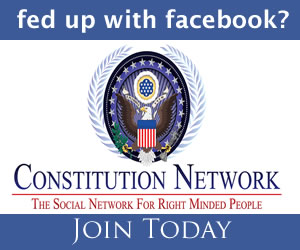
With Billions of users and trillions of posts you would think that America’s favorite pastime must be good for us, or at the very least make us feel better. That doesn’t seem to be the case as, according to the Harvard Business Review, a new, more rigorous study confirms: “The More You Use Facebook, the Worse You Feel.”
The average Facebook user spends almost an hour on the site every day, according to data provided by the company. And according to current Facebook stats there are:
• Over two billion monthly active Facebook users. (Facebook 11/17)
• 510,000 comments and 293,000 status updates posted every 60 seconds.
• 300 million photo uploads per day. (Gizmodo)
• Five new profiles created every second. (Facebook)
• There are 83 million fake profiles. (CNN)
That’s a lot of everything. There is also a lot of liking going on, so much that it would seem that with all the popularity and all the friends, liking and social interaction taking place, Facebook would be the epitome of a ‘feel good’ place to be spending our time.
Of course, social interaction is a healthy and necessary part of human existence. Thousands of studies have concluded that most human beings thrive when they have strong, positive relationships with other human beings. However, there is another question we must answer when it comes to social media.
According to hbr.org, the challenge is that most of the work on social interaction has been conducted using “real world,” face-to-face social networks, in contrast to the types of online relationships that are increasingly common. So, while we know that old-fashioned social interaction is healthy, what about social interaction that is completely mediated through an electronic screen?
Prior research has shown that the use of social media may detract from face-to-face relationships, reduce investment in meaningful activities, increase sedentary behavior by encouraging more screen time, lead to internet addiction, and erode self-esteem through unfavorable social comparison.
In addition, the results of our study showed that, while real-world social networks were positively associated with overall well-being, the use of Facebook was negatively associated with overall well-being. These results were particularly strong for mental health; most measures of Facebook use in one year predicted a decrease in mental health in a later year. We found consistently that both liking others’ content and clicking links significantly predicted a subsequent reduction in self-reported physical health, mental health, and life satisfaction.
Although we can show that Facebook use seems to lead to diminished well-being, we cannot definitively say how that occurs. Overall our results suggests that well-being declines are also a matter of quantity of use rather than only quality of use.
While screen time in general can be problematic, the tricky thing about social media is that while we are using it, we get the impression that we are engaging in meaningful social interaction. However, our results suggest that the nature and quality of this sort of connection is no substitute for the real world interaction we need for a healthy life.
The full story when it comes to online social media use is surely complex. Exposure to the carefully curated images from others’ lives leads to negative self-comparison, and the sheer quantity of social media interaction may detract from more meaningful real-life experiences. What seems quite clear, however, is that online social interactions are no substitute for the real thing.”
Click for hbr.org article by Holly B. Shakya and Nicholas Christakis
